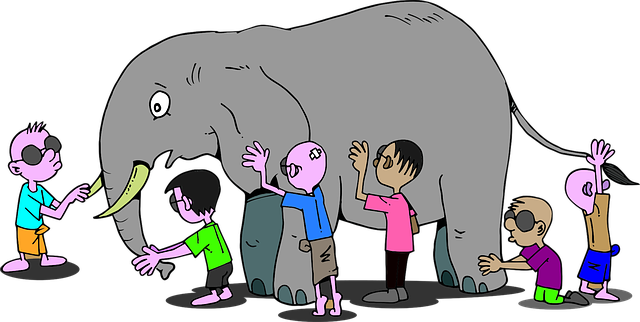Is addiction a choice or an illness? I will present the elements involved and let you be the judge.
This questions has been debated by experts in the field for quiet some time and has created a divide in the recovery community. My research and experience tells me that the answer is not so black and white. I am a firm believer in the ability of human beings to make choices and to live with the consequences of those choices. At the same time, to make healthy choices, one must be equipped with a healthy mind.
There are multiple layers to addiction:
1. Biochemical dependence on the substance leading to cravings and urges. The brain is accustomed to the endorphins produced by the substance. This creates a dilemma for the brain: do I do the thing that I know works right now, or do I “make the choice” of not using, in hopes of some greater benefit sometime in the future? You see, the brain is motivated to take care of itself in the moment.
2. Behavioral dependence. The mind has been conditioned to use substances; in other words, a habit has been formed. The behavior has been reinforced over and over again, and the substance has been associated with various positive outcomes in the moment. We all know how difficult it is to change a behavior regardless of how many times we choose to change the behavior. We behave in the way we are conditioned to behave. Where does choice come into play?
3. Emotional dependence. Drugs and alcohol are effective ways to cope with emotional distress in the moment. The addicted person has learned to rely on his/her drug of choice for coping. Deficient coping skills, or lacking the habits of practicing healthy coping skills, prohibits the person from making choices in the moment of emotional distress, as the choices do not necessarily exist to cope properly in the moment.
4. Lowered levels of distress tolerance. The person who has been abusing drugs or alcohol has reduced tolerance for emotional and physical pain. Building distress tolerance is similar to developing muscle memory to ride a bicycle or to swim. If a person has relied on substances to cope, the person has diminished ability to cope than the average non-abuser.
As can be seen, there are a lot of factors to consider and the argument for either choice or illness is not so clear-cut. Many therapists rely on methods that align with one approach or the other. In my experience, a well-rounded approach must allow for both, and must incorporate methods to address both the choices that are made and the potentially underlying illness. Regardless of the position you take, there is a path to recovery. Read my next blog for suggestions.
About the author: Dr. Seda Gragossian is the Clinical Director at the Talk Therapy Psychology Center in San Diego, where she helps people work through mental health issues such as anxiety, depression, trauma, addiction, and many others.
Dr. Seda Gragossian, PhD, PSY 24901
(858) 205-2490
Clinical Director
Talk Therapy Psychology Center
5935 Cornerstone Ct W, Ste 125
San Diego, CA, 92121
5935 Cornerstone Ct W, Ste 125
San Diego, CA, 92121
<\p>
<\p>


